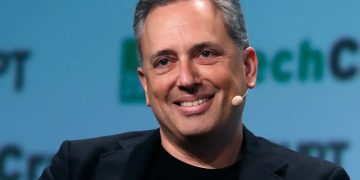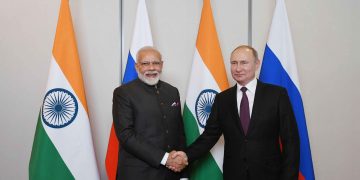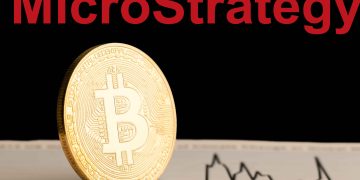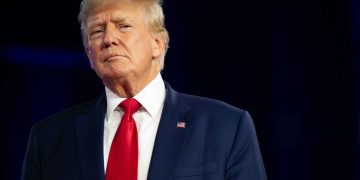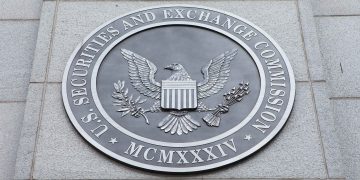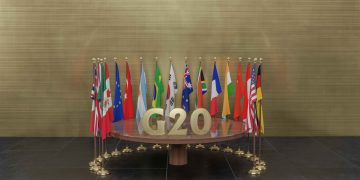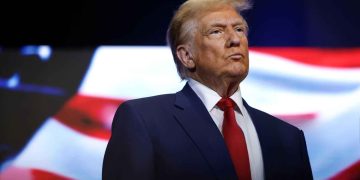Leaked documents reveal that the United Arab Emirates (UAE) intended to leverage its position as the host of the COP28 climate summit to negotiate oil and gas deals, according to reports by the BBC. These documents, obtained by independent journalists from the Centre for Climate Reporting, indicate that the UAE’s COP28 team planned to engage in discussions about fossil fuel agreements with at least 15 countries.
The United Nations Framework Convention on Climate Change (UNFCCC), which oversees the COP28 process, insists that host nations must act without bias or self-interest. However, the UAE has not denied holding business talks during the summit, stating that private meetings remain private. When questioned, the team reiterated that their focus remains on “meaningful climate action.”
The leaked briefings, which were prepared for meetings with 27 foreign governments ahead of the November 30 COP28 summit in Dubai, contained proposed “talking points” for several nations. For instance, the UAE’s state oil company, Adnoc, expressed interest in exploring liquefied natural gas (LNG) opportunities in Mozambique, Canada, and Australia, as outlined for discussions with China. Similarly, Colombia was informed that Adnoc was ready to assist in developing the country’s fossil fuel resources.
Among other countries mentioned in the documents were Germany, Egypt, Brazil, and the United States. The briefings also highlighted commercial opportunities for the UAE’s renewable energy company, Masdar, ahead of discussions with 20 nations, including key players such as the UK, China, and Saudi Arabia.
COP28, set to attract 167 world leaders including the Pope and King Charles III, is seen as a crucial platform to address global climate challenges. The summit aims to achieve significant reductions in greenhouse gas emissions to prevent the global temperature rise from exceeding 1.5°C. However, this goal requires a 43% cut in emissions by 2030 from 2019 levels.
The role of the COP28 president, currently Dr. Sultan al-Jaber—who also serves as CEO of Adnoc and Masdar—has come under scrutiny. Critics question whether his dual roles in both the oil and renewable energy sectors represent a conflict of interest. The leaked documents suggest that Adnoc’s commercial interests were intertwined with the climate discussions, sparking accusations of undermining the integrity of the climate talks.
Some nations, including the UK, stated there were no commercial discussions during their meetings, while others confirmed no meeting took place at all. However, in one instance, a country reportedly followed up on business-related topics discussed during these meetings.
Attempting to broker fossil fuel deals while leading climate negotiations raises concerns over a potential breach of the UNFCCC’s code of conduct, which mandates impartiality. According to Manuel Pulgar-Vidal, former head of the COP20 summit, this could damage global trust and hinder progress at the climate talks.
Experts like Prof. Michael Jacobs from Sheffield University argue that the UAE’s approach appears “hypocritical” and contradicts the goal of reducing emissions. The International Energy Agency (IEA) has stated that no new oil and gas projects should be pursued if the 1.5°C target is to be met.
Despite these revelations, the COP28 leadership insists that their focus remains on achieving ambitious climate outcomes. Whether the UAE’s management of the summit will be viewed as successful will depend on the results it delivers in addressing the global climate crisis.


